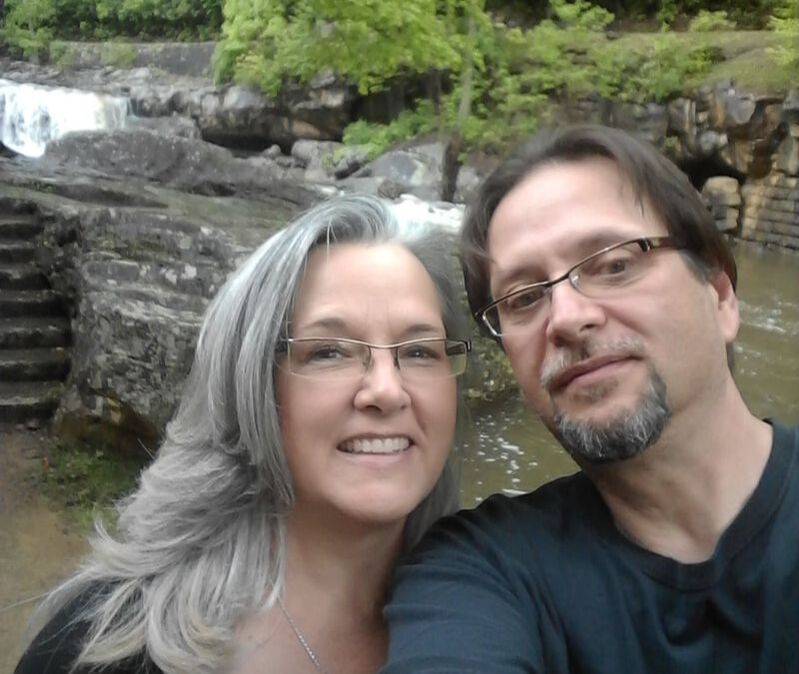|
What is Lashon Hara? The simple answer to this question is that Lashon Hara is a Halakah term for “evil speech” or “evil speaking.” To answer this more in depth, we should first define “halakha,” what makes something “halakha,” and is it different from a Biblical commandment. I will try to make this as simple as possible, yet halakha truly can get very complicated. An example of this would be in defining the different levels or types of laws (mitzvot) that Jews have and practice. There are explicit (direct), implicit (implied), and deduced (reasoned out) commands. Plus, some are binding commands, and then again, some are not. Complications also come in the variances of halakha and mitzvot from order to order and ethnicity to ethnicity. Jews are no longer simply one religious order. Just as Christian denominations have multiple divisions, Jews have political, cultural, and religious divisions, then there are subdivisions and micro-divisions within each of those as well. Determining what halakha means to each group or individual could take quite a bit of time. For the sake of this explanation, we will keep it a bit more generalized. What does Halakha mean? According to Encyclopedia Britannica online, halakha “in Judaism, [is all] the laws and ordinances that have evolved since biblical times to regulate religious observances and the daily life and conduct of the Jewish people.”[1] What can we gather from this definition? Well, a few things. 1) Halakah is a term used in Judaism. 2) To some it is considered to be a complete accumulation of every Biblical commandment, and every ruling which has evolved out of rabbinic midrash since Biblical times. It also includes rules brought about through traditions. To others, it is simply all those laws and ordinances that have come about after Biblical times – coming from the midrash between rabbis as questions arose. 3) It is used to govern Jewish people, their religious ceremonies, rituals and practices. These include all daily activities and conduct of the Jewish people. Another definition can be found at Jewfaq.org: “Halakha comes from three sources: from the Torah, from laws instituted by the rabbis and from long-standing customs. Halakha from any of these sources can be referred to as a mitzvah…”[2] This definition is a contradiction, though, of scripture itself. The Torah explains we are not to add laws to or take laws away from scripture. Sadly, over time, many of the laws (commandments) instituted by rabbis or customs are now considered Jewish laws (commandments) and have been added to what Yahweh has commanded us to do. This is where the rabbinic division of binding, explicit, implicit, and deduced commandments comes in. It has created a great amount of flexibility in beliefs from one group of people to another. An example of custom becoming commandment would be lighting Shabbat candles as a mitzvah (commandment), which is even one example JewFAQ brings up in the article on halakha which I reference. They claim lighting Shabbat candles as a mitzvah will increase your spirituality and relationship with Yahweh. Not only is there no commandment existing in scripture a for lighting Shabbat candles, but this a perfect example of a tradition or custom that was made into law by the rabbis. If a group believes candle lighting is binding, it becomes an addition to the Torah. Much of what is considered now to be halakha comes from the oral traditions. Some oral traditions might be based on biblical traditions, while others can come from debates between rabbis, known as midrash. Many of these oral traditions are recorded in the Talmud. Yet, these types of decisions can also come from modern rabbis as they are confronted with questions based on our modern inventions or conditions. Do you see how going in depth into this discussion could get time consuming or possibly even overwhelming? For now you have a basic understanding of what halakha means: it is anything the rabbis have certified and declared as definitely a commandment. But the level of commandment may be flexible. What makes something halakha? Torah commandments, almost by complete default, are halakha, or certified by the rabbis as commandments. We accept and agree that Torah commandments are clearly commandments. Yahweh gave those commandments in the Torah, the people accepted them, they have been recorded for us to follow. Yeshua tells us that they are all hung upon the greatest two commandments: to love God and love our neighbor. In other words, to be loving to both Yahweh and our neighbors, we will follow those other commandments as they lead us to maintaining our change of heart. Now, throughout the centuries, when there have been questions or conflicts in the community, often very specific ones regarding following Torah, those issues would be brought before the Sanhedrin or rabbis and cases would be heard. Those conflicts and questions often are the ones which fall into the “gray areas” surrounding each of Yahweh’s Torah commandments. They may include very specific detailed issues that are not covered by scripture. The leaders discuss and debate after hearing evidence. Then decisions are made. These decisions can be made law for the community, halakha. According to Aish.com, there are two details that are important here. First, “…it was impossible to include every concluded case in the Oral Torah. It would also be impossible for the Sanhedrin to decide in every potential case. Therefore, God gave each qualified Torah scholar the right to decide questions of Torah law.” [3] This means that, even in the Talmud, not every decision is recorded. And, even back then, not every case was heard because there was only so much time to hear cases. This gave special permission from the leadership to allow the local Torah scholars to make new laws at the local level. Second, “When a community accepts a rabbi as their religious leader, his decisions are binding in all cases. The rabbi of a community may even reverse the decisions of his predecessors.” [4] These local rabbis are somewhat like our judges when they are appointed. They are given authority to make decisions on behalf of those in their community, and enact laws to help them govern their homes, families, and the community. Just like our judges sometimes behave, rabbis, too, are often granted higher decision making “powers” based on their popularity. Picture our judges who side with one particular bias. You can pretty much guarantee they will always side in favor of that bias when cases come before them. When placing a judge in a higher court, that bias can become power if the local politicians want laws to lean a certain direction. The same can happen in communities with rabbis. In fact, aish.com discusses the ways in which laws are passed and says,“...in a question of rabbinical law, the opinion of the greater authority is followed, whether it is stricter or more lenient. The religious leader with the largest following is always considered the greater authority.” (Italics and underline added for emphasis) However, if they enact some form of halakha (new law that needs enforcing), the community then is governed by the popular vote, not necessarily by the depth of right and wrong. The conclusion then is that halakha is made when rabbis hear cases, discuss precedence, and come to legal decisions for their community. They can make new laws, change old laws, and add to existing laws. They also create laws which help to, in their opinions, fine tune or clarify Yahweh’s law written in the Torah. Is halakha different from something biblically commanded? Yes. . . and no. Because Yahweh’s commandments are included in those things which are considered halakha, Biblical and halakha are not necessarily different. Yet, because many new laws are added which are halakha, some halakha can be considered dramatically different from Biblical commandments. So, if we stop at those things which Yahweh commands, halakha would be fine. But because so much is added as commandments, it is something we need to be very cautious of. Lest we become legalistic. Basically, Yahweh commanded us to do certain things in the Torah. We know that. Those are clear. But because there have been debates over the centuries regarding micro-details and variances, countless new laws have been added. Sometimes it can be difficult to keep track of all the laws which the Jewish people follow. Next we will explore what Lashon hara is. [1] https://www.britannica.com/topic/Halakhah [2] http://www.jewfaq.org/halakhah.htm [3] https://www.aish.com/jl/m/pm/48932007.html [4] https://www.aish.com/jl/m/pm/48932007.html Audio Blog Now AvailableWhat Does Halakha Mean?
Comments are closed.
|
Searching for Something?NOTE: Comments may be closed on most posts. In lieu of comments we asked that you use our contact form, or contact us by social media.
Partner with our work with a donation of $10 or more to help spread our message of truth and hope for all women. Thank you.
Lead Author (Bio)Yehudit (Judith) Associate Author
Jim, (Judi's husband), has Sephardi Jewish ancestry and is a minister and head of Shofar Productions. Jim was a denominational pastor, hospital chaplain, and former director of a non-profit community organization. Archives
July 2022
Categories |
Services |
Ministry
|
|
|
Compensation Disclosure: We participate in affiliate programs and are compensated. Therefore, if any reviews are given on this site they should not be considered unbiased reviews or an unbiased endorsement. Your purchase helps support our work so we will actively market and suggest products we are compensated for. We do are best to find trusted companies to affiliate with, but you are required to do your own due-diligence with any product or service prior to purchasing. We are not responsible for third-party actions, inaction, promises, guarantees, delivery, payment processing, or handling of your information, or after-sale service or support. Use of this site is your agreement to all the terms posted here or linked.
|
Scripture use: Whenever possible we will use the following Public Domain versions; the King James (KJV), Youngs Literal Translation (YLT), or World English Bible (WEB) versions. However, for greater clarity we may use other copyright versions of the scriptures by permission or under fair use. Click Here to see copyright information and statements for each version.
|


 RSS Feed
RSS Feed